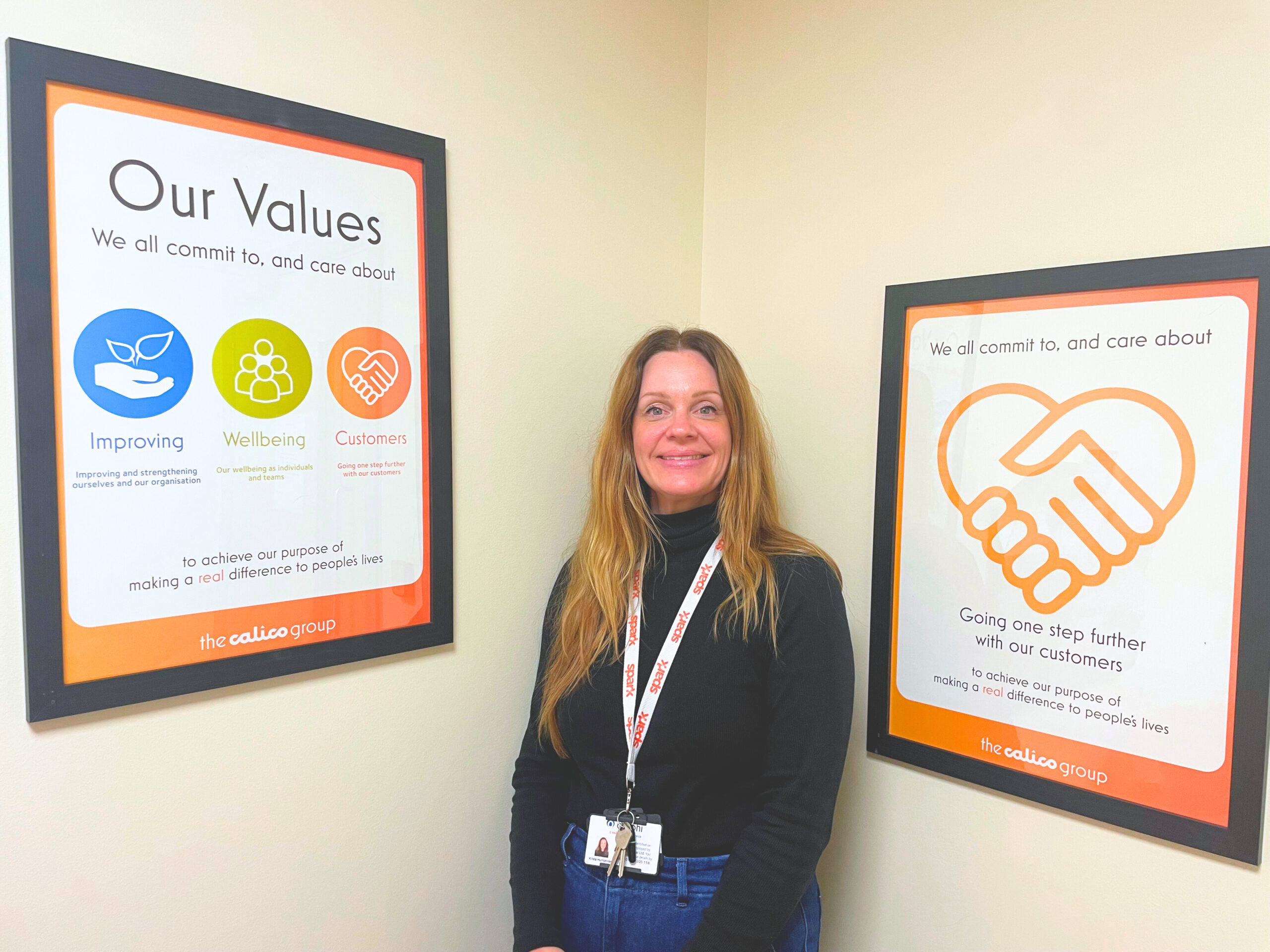Mental health is a growing issue in Blackburn with Darwen. The prevalence of ‘recorded severe mental illness’ is far above the national average – with numbers increasing further due to the aftereffects of the pandemic.
Following this increase in mental health requirements, the ‘NHS Long Term Plan’ set out plans to rapidly expand access to psychological therapies. This transformation plan required significant workforce expansion, including the creation of several new roles such as ‘Mental Health and Wellbeing Practitioners (MHWPs)’.
By introducing this new role and catering for growing numbers of clients needing extra support, hospital admissions can be lowered, alongside a positive impact on communities and crime rates.
What do mental health and wellbeing practitioners do?
In alcohol and drug treatment services such as Spark, roughly 60-70% of 1300 clients have an underlying mental health condition – most commonly depression, anxiety and mood disorders.
Mental health and wellbeing practitioners (MHWPs) channel the gap between therapists and reduce long waiting lists. This role allows people to be seen quicker and deliver interventions that can stop people needing therapy and getting to crisis points.
One of Spark’s MHWP’s is Krista Humphries, who started her career in employability, before receiving the funding to begin training for her new role in 2022.
Discussing her practitioner role, Krista said: “We focus more on lifestyle and wellbeing as other teams deal with substances. If we can help people build connections, sleep, eat and enjoy life more, it makes recovery easier and more fulfilled and avoids people getting bored and relapsing”.
She continued: “My role means I can visit people in their homes, which helps us bring our services to them. Many people have chronic agoraphobia, so this approach reduces non-attendance”.
MHWPs work with each client on a 1-1 basis, typically over 10 weeks or however long is needed. Together with the client, they work out individual goals around wellbeing and usage before starting cognitive behaviour therapy (CBT) based interventions.
Talking about one individual’s journey, Krista said: “Together, we challenged negative self-talk and began graded exposure to help him get outside. His goal was to get on the bus, so we practised by getting out of the house, walking through the town centre”.
After completing his sessions, he is now successfully getting on a bus to Preston to see his son. It’s great seeing people go from not wanting to engage to realise that our help can fully change their lives”.
To find out more about the role of a MHWP, please contact khumphries@delphimedical.co.uk

